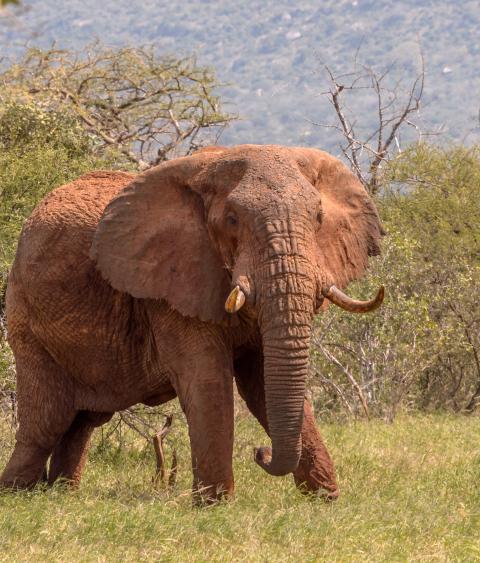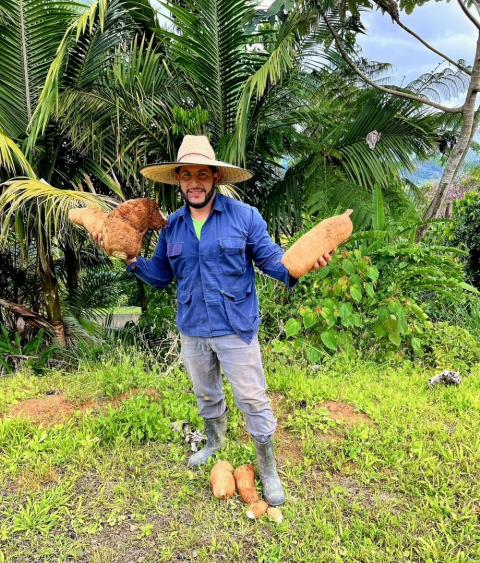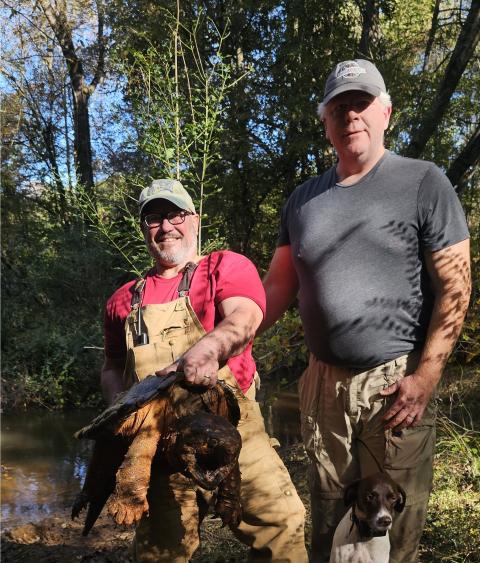Conservation Brief
Avian Influenza Update
The last two months have seen an increase in the number of reported cases of highly pathogenic avian influenza (HPAI H5N1). At least seven states (WA, UT, SD, MN, IA, WI, MI) have reported HPAI in domestic birds since September 1, affecting 6.3 million birds. Several states have reported HPAI in wild birds and mammals. Surveillance provides additional information to the distribution of the disease both across species and geographically.
In February, the U.S. Department of Agriculture (USDA) announced development of a comprehensive strategy to curb highly pathogenic avian influenza (HPAI), protect the U.S. poultry industry, and lower egg prices. The five-pronged strategy includes an additional $500 million for biosecurity measures, $400 million in financial relief for affected farmers, and $100 million for vaccine research, action to reduce regulatory burdens, and exploring temporary import options.
Between January 1 and August 4, 2025, 26 human infections with avian influenza A (H5N1) viruses (H5 bird flu) have been detected globally, of which 23 were identified in seven countries outside of the United States, including 11 infections that resulted in death. The three human cases in the United States were previously reported, and there have been no cases reported in the United States since mid-February 2025.
Hunters are reminded to take extra precautions when handling harvested game birds.
- Always wear disposable gloves when handling or cleaning game and wash hands with soap and water immediately afterward. If soap and water are not available, use an alcohol-based hand sanitizer.
- Dress game birds in the field whenever possible.
- If you can’t dress birds in the field, clean them in a location away from poultry and other birds.
- Keep a separate pair of shoes to wear only in your game cleaning area. If this is not possible, wear rubber footwear and clean and disinfect your shoes before entering or leaving the area.
- Use dedicated tools for cleaning game, whether in the field or at home. Do not use those tools around poultry or pet birds.
- Double bag the offal and feathers. Tie the inner bag, take off your gloves, and leave them in the outer bag before tying it closed. Then wash your hands or use hand sanitizer.
- Place the bag in a trash can that poultry and pet birds cannot access. Make sure the trash can is covered and children, pets, or other animals can’t get into it.
- Wash all tools and work surfaces with soap and water. Then, disinfect them using a freshly mixed chlorine solution consisting of 1/3 cup of household bleach per 1 gallon of water.



